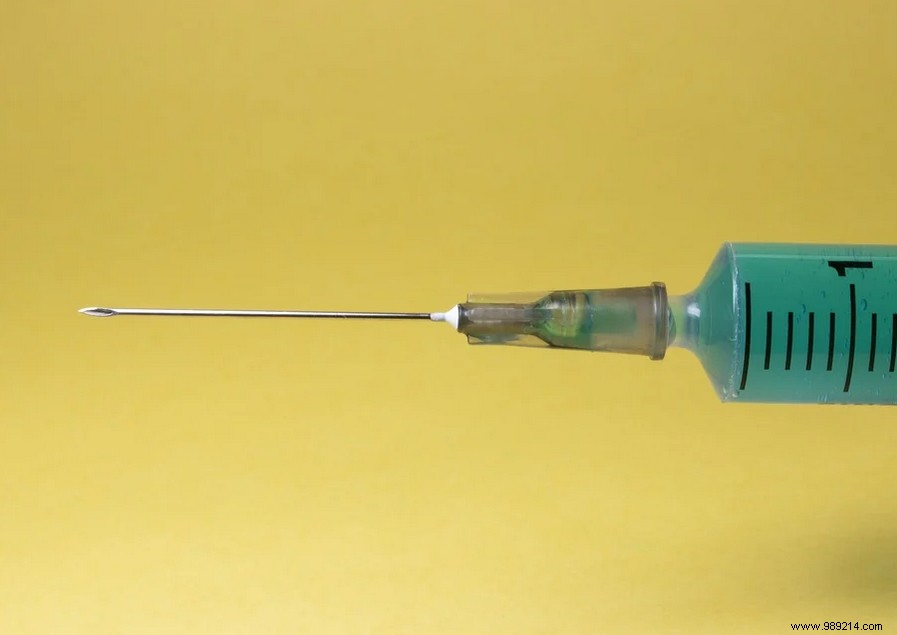A majority of the French population has received a dose of the Covid-19 vaccine. However, these same vaccines would have the advantage of not only protecting against the SARS-CoV-2 coronavirus.
Coronaviruses have significant epidemic potential . The episodes of the SARS-CoV-1 (2002), MERS-CoV (2012) coronaviruses thus undoubtedly marked the beginning of the 21st century. And of course, the still ongoing Covid-19 (SARS-Cov-2) pandemic embodies the latest evidence of this potential. For the time being, the assessment in connection with the pandemic is indeed nearly 250 million cases for more than 5 million deaths . While fifty million French people have already received a dose of vaccine against Covid-19, a question arises:can it protect against all coronaviruses?
In the basic literature, several elements support this hypothesis. In a study led by Northwestern University of Chicago (USA) published in the Journal of Clinical Investigation on October 8, 2021, researchers report that they collected plasma from people before and after vaccination with Moderna, Pfizer and J&J vaccines. According to the results, the anti-SARS-CoV-2 antibody levels after vaccination were high, which is completely normal. However, anti-SARS-CoV-1 and anti-HCoV-OC43 antibody levels were also more important. On the other hand, this was not the case for the levels of antibodies fighting against the flu virus (or influenza virus).

In parallel with these tests, the researchers conducted experiments on mice. They then obtained results similar to those concerning humans . Vaccination against Covid-19 led to an increase in the level of antibodies anti-SARS-CoV-2, anti-SARS-CoV-1 and anti-HCoV-OC43 antibodies. Scientists also tested the effectiveness of the SARS-CoV-1 vaccine in mice infected with SARS-CoV-2. However, these tolerated the infection better than unvaccinated mice.
These are quite promising results, but other studies will have to confirm in the future. Indeed, the tests were carried out very quickly after the vaccination. However, vaccine protection decreases over time and it would therefore be very useful to know the duration of this same protection. Unfortunately, this one is very difficult to determine there are so many factors. Indeed, the duration of protection depends on the person's state of health or on previous exposure to one or more other coronaviruses.
The fact is that the urgency to learn more about this issue is very present. At the end of 2020, a report by the Intergovernmental Science-Policy Platform on Biodiversity and Ecosystem Services (IPBES) showed some pessimism. This meta-study demonstrates a greater frequency of pandemics in the future. These pandemics should then spread faster, kill more humans and impact the economy more.